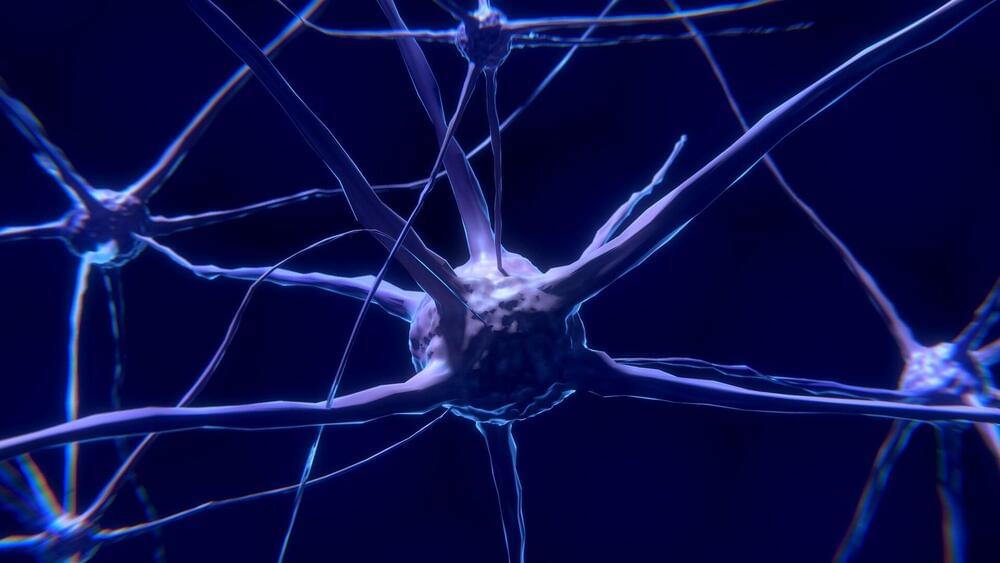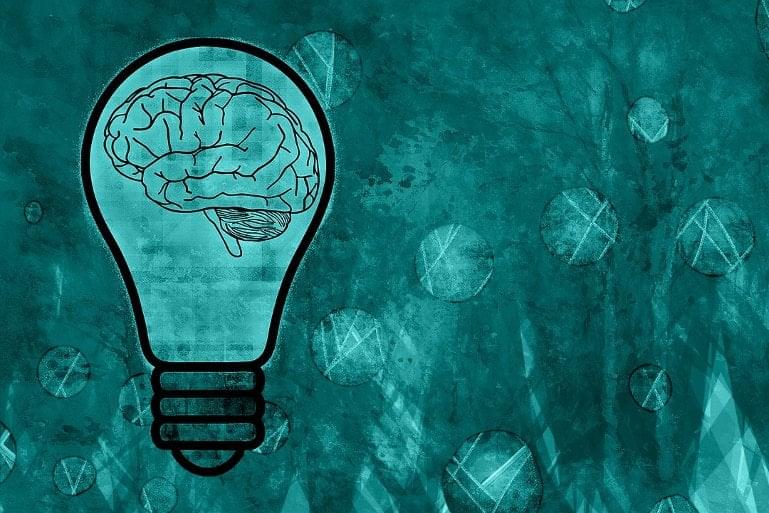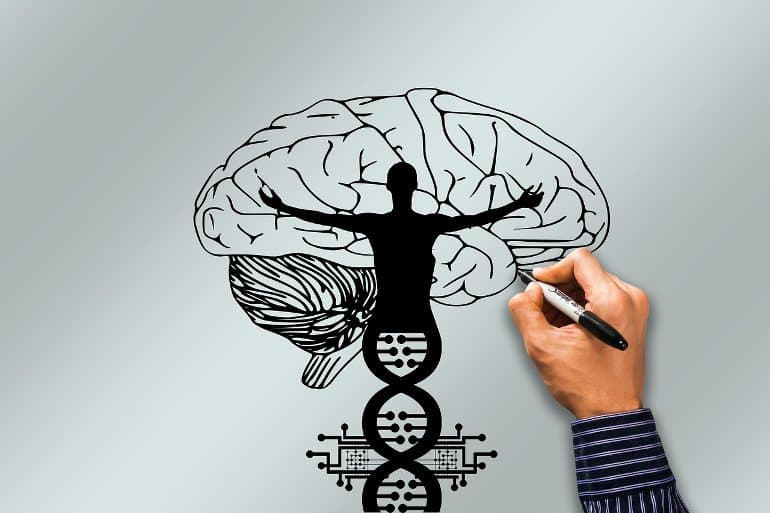Note that this is very far away from a return to an anthropocentric worldview, to pre-Copernican times when the Earth was the center of Creation. (I call it biocentric to make the distinction clear.) Biocentrism is necessarily post-Copernican. I am saying that we are unique and important — but not for having been created by a god, or for being the result of a purposeful cosmic directive.
We are unique and important for being self-aware living entities capable of asking questions about their origin and future. We may not be the measure of all things as Protagoras of Abdera proclaimed long ago, but we are the things that can measure. We experience the world, we measure it, and we tell stories about what we see and what we feel. And what we are finding out is that we may very well be the only ones asking such questions — or, at the very least, the only ones we know of, which effectively amounts to the same thing. Even if “they” exist and tell stories, their stories will not be ours. There is only one human voice in the cosmos. And if we ruin our project of civilization, the Universe will once again become silent.
The acceptance of our cosmic loneliness and the rarity of our planet is a wakeup call, ringing to awaken a new collective consciousness. I believe it to be the new unifying myth of our generation, with the power to go beyond tribal divides and bigotry, to lead us into a new era of human flourishing. But for this to happen, we need to change how we relate to life and to the planet that allows us to exist. We are not above nature, and we don’t own it. We are a part of it and depend on it for our existence.






